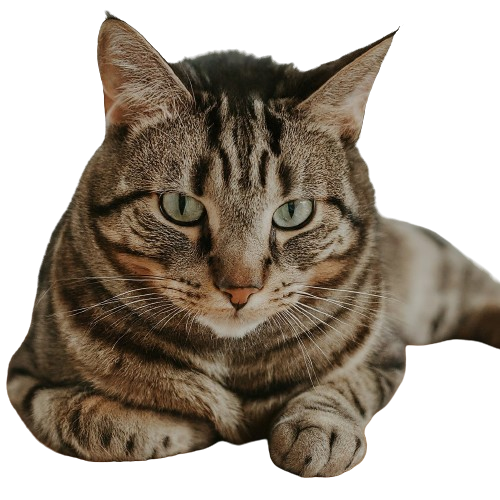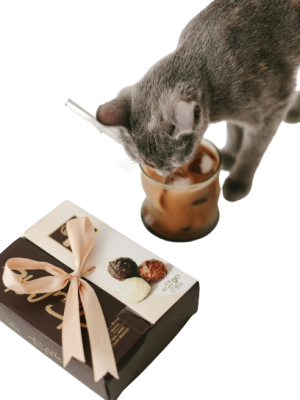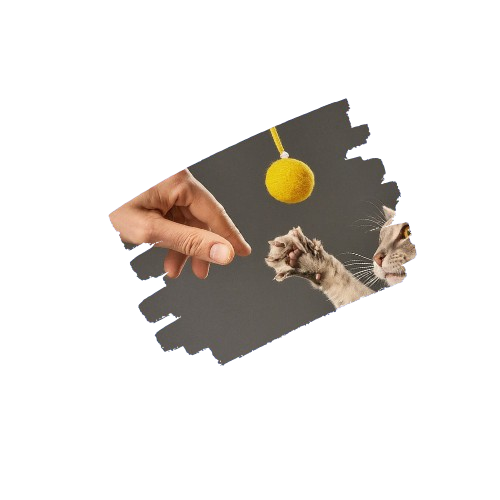Why Nutrition Matters

Cats are obligate carnivores, meaning their diet should primarily consist of meat. Protein, sourced from quality animal products, is essential for their muscle development and overall well-being. Additionally, cats require specific nutrients like taurine, which is vital for heart and eye health.
Supporting Vital Functions: Proper nutrition provides the essential nutrients cats need to support vital bodily functions such as growth, reproduction, and immune system health. From proteins for muscle maintenance to vitamins and minerals for overall well-being, a balanced diet is fundamental.
Preventing Health Issues: A well-balanced diet can help prevent common health issues in cats, such as obesity, diabetes, and urinary tract diseases. For instance, diets rich in moisture content can support urinary tract health, while controlled portions can prevent obesity.
Promoting Healthy Aging: Good nutrition is especially important as cats age. A diet tailored to their changing needs can support joint health, cognitive function, and overall vitality, helping them live longer, healthier lives.
Enhancing Coat and Skin Health: The quality of a cat’s coat and skin often reflects their nutritional intake. Essential fatty acids like Omega-3 and Omega-6 contribute to a shiny coat and healthy skin, reducing issues like dryness and itchiness.
Ensuring Digestive Health: Digestive health is crucial for cats’ overall well-being. High-quality protein sources and digestible carbohydrates promote optimal digestion and nutrient absorption, reducing the risk of gastrointestinal problems.
Supporting Energy Levels: The right balance of proteins, fats, and carbohydrates provides cats with the energy they need for daily activities and play. Proper nutrition ensures they maintain a healthy weight and stay active throughout their lives.

Choosing the Best Option
What Our Expert Says
When selecting cat food, consider your cat's age, activity level, and any health concerns they may have. Consult with your veterinarian to determine the most suitable diet for your cat's specific needs. Here are some tips for making the right choice

Read Labels
Ingredients are listed in order of quantity, so prioritize foods with named meat sources (e.g., chicken, turkey, or salmon) rather than by-products.
Avoid Artificial Additives
Look for natural preservatives like Vitamin E (tocopherols) instead of BHA, BHT, or ethoxyquin.


Check AAFCO Approval
Ensure the food meets the Association of American Feed Control Officials’ (AAFCO) standards for complete and balanced nutrition
Still Confused About Cat Food?
Our experts are here to help! Contact us today to get personalized advice and recommendations tailored to your cat's specific needs.
